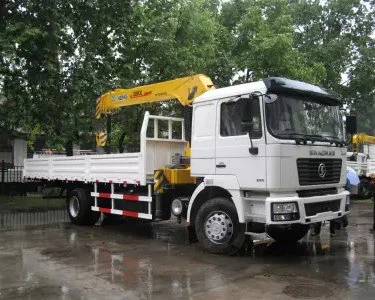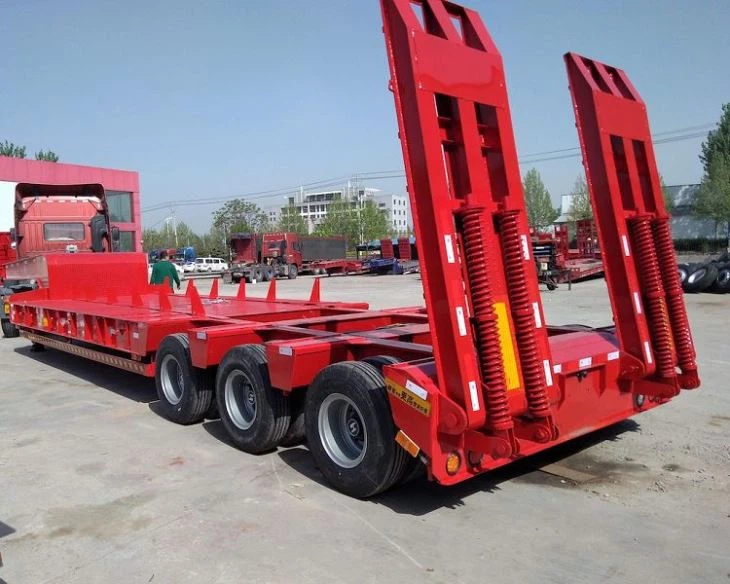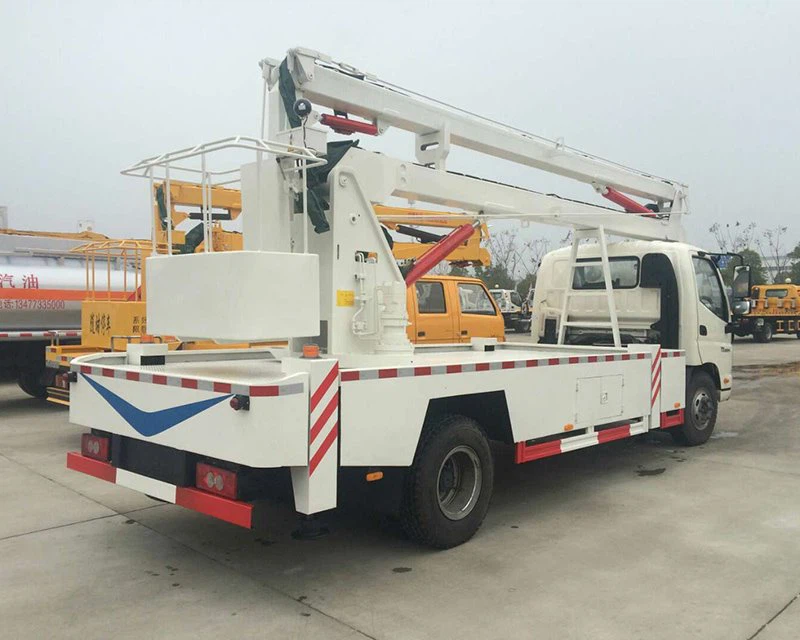Understanding Trash Truck Height: A Comprehensive Guide

Introduction
In urban environments, trash trucks play a crucial role in waste management, ensuring that our communities remain clean and sanitary. However, one important aspect that often goes unnoticed is the height of these vehicles. Understanding trash truck height is vital for various stakeholders including city planners, construction companies, and residents. This article delves into the intricacies of trash truck height, discussing its significance, implications for infrastructure, and offering practical tips for navigating spaces with towering vehicles.
What Is the Average Height of a Trash Truck?
On average, commercial trash trucks range from 10 to 13 feet in height. The exact height can vary depending on the design, manufacturer, and model of the truck. Here’s a breakdown of different trash truck types and their respective heights:
| Type of Trash Truck | Average Height |
|---|---|
| Residential Garbage Trucks | 10 – 12 feet |
| Large Commercial Trash Trucks | 12 – 14 feet |
| Rear-Loader Trash Trucks | 10 – 13 feet |
| Front-Loader Trash Trucks | 12 – 14 feet |
| Compactor Trucks | 11 – 13 feet |

Why Does Trash Truck Height Matter?
Impact on Urban Planning
Urban planners must consider trash truck height when designing streets, bridges, and overpasses. Too low structures can prevent these trucks from reaching necessary areas, creating disruptions in waste collection services.
Safety Considerations
Understanding the height of trash trucks is important for ensuring safety in crowded urban areas. Accidents can occur if drivers are unaware of their vehicle’s clearance, especially in tight spaces or low-clearance underpasses.
Waste Collection Efficiency
The height of a trash truck can also impact waste collection efficiency. Trucks that are too tall for certain residential or commercial areas may require alternative routes, complicating collection schedules.
Factors Influencing Trash Truck Height
Design and Model Variations
Different manufacturers have various design philosophies that impact the height of their trucks. Some models are designed for high-capacity loads, leading to increased height.
Regulation and Compliance
Local regulations can influence trash truck height. Some municipalities have set height limits for vehicles operating within their jurisdiction, which can dictate what manufacturers produce.
Technology Advances
With advancements in waste management technology, some newer models are being engineered to be more compact while still maintaining the necessary height for efficient waste collection.
Practical Examples of Height Considerations in Cities
Case Study: New York City
In New York City, trash trucks must navigate narrow streets and low bridges. This has led the city to implement height restrictions on certain roads to prevent accidents.
Case Study: San Francisco
San Francisco has designed their urban waste systems, taking into account the height of trash trucks. They have successfully integrated height clearance indicators to ensure safe passage for these vehicles.
How to Measure Trash Truck Height
Tools Required
To accurately measure the height of a trash truck, you will need:

- A tape measure, ideally a long one for greater accuracy.
- A level surface to park the truck if measuring height on-site.
- A partner to help with measurements for larger vehicles.

Step-by-Step Measurement Guide
- Park the truck on a flat, level surface.
- Ensure the vehicle is unloaded for an accurate measurement.
- Extend the tape measure from the ground to the highest point of the truck.
- Record the measurement ensuring to add any additional heights from accessories (such as antennas).
Tips for Navigating Areas with Height Restrictions
Know the Local Regulations
Before driving a trash truck in a new area, consult local regulations regarding vehicle height restrictions. This will help avoid potential fines and accidents.
Use GPS Systems with Height Filters
Modern GPS systems can filter routes based on vehicle height, preventing drivers from inadvertently taking a low-clearance road.
Communicate with Dispatch
Always stay in contact with dispatch during your route. They can provide information about potential obstacles and changes in route based on real-time data.
Environmental Considerations
Lower Emissions with Height Reduction
Some manufacturers are focusing on reducing the height of trucks to improve aerodynamics, which can result in lower emissions.
Sustainable Waste Management Practices
By optimizing truck design and height, companies can not only improve efficiency but also promote sustainability within their waste management practices.
Future Trends in Trash Truck Design
Electric and Hybrid Trucks
The development of electric or hybrid trash trucks may reshape the conventional standards of height and design, leading to more sustainable urban waste solutions.
Autonomous Garbage Trucks
As technology evolves, autonomous garbage trucks could redefine height specifications based on specific practical applications, potentially minimizing the need for large, cumbersome vehicles.
FAQs
What is the tallest type of trash truck?
The tallest types of trash trucks are typically large commercial models, which can reach heights of 14 feet or more.
Are there height regulations for trash trucks?
Yes, many municipalities implement height restrictions for trash trucks to ensure safety on roads and bridges.
How can I find the height of a specific trash truck model?
The manufacturer’s specifications or the operator’s manual generally provide the height details of specific trash truck models.
What are the consequences of driving a trash truck under low clearance?
Driving a trash truck under low clearance can lead to accidents, damage to property, and potential injuries.
Can the height of a trash truck affect waste collection?
Yes, if a truck is too tall to access certain areas, it can hinder efficient waste collection and necessitate alternative routing.
How do I reduce the risk of accidents caused by trash truck height?
Utilizing GPS systems, ensuring clear communication with dispatch, and adhering to height regulations can greatly reduce accident risks.
